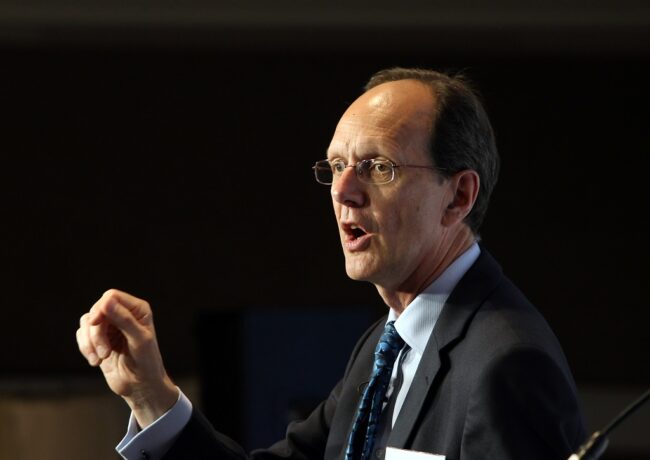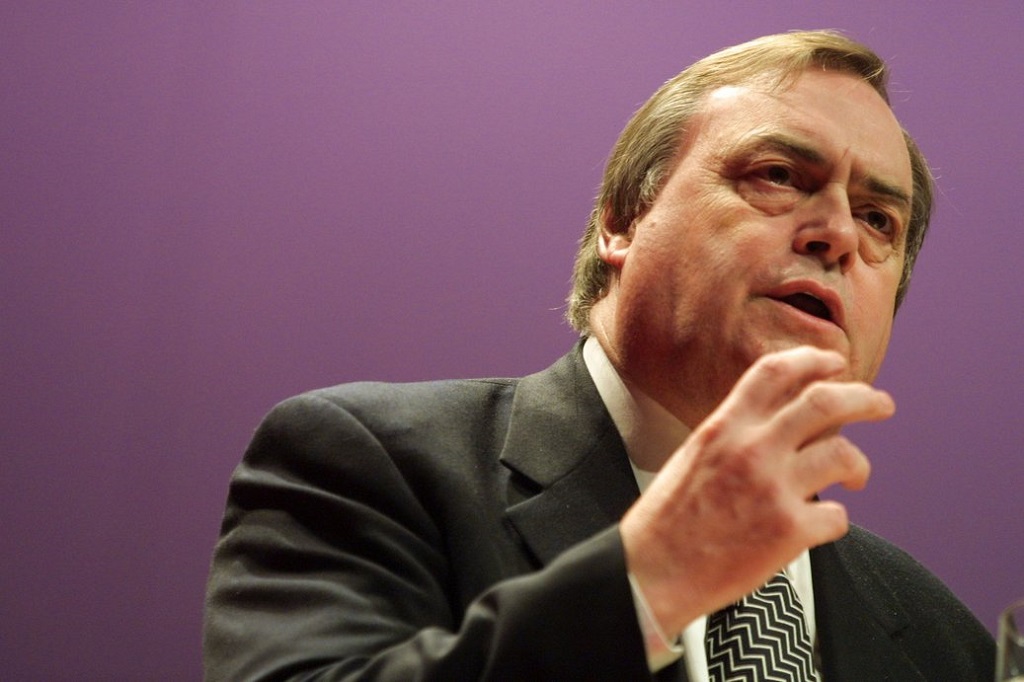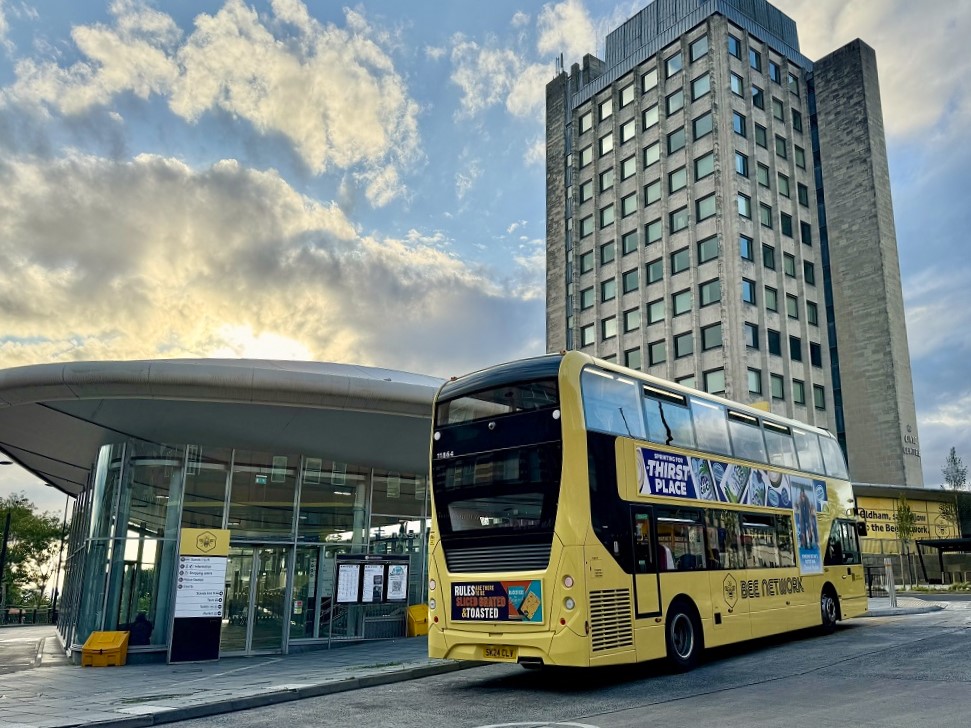TfN starts work as formal transport body
At Liverpool’s Mann Island, Transport for the North will this afternoon hold its first meeting as a formal body with statutory powers.
TfN chairman John Cridland said: “The scale of opportunity and ambition cannot be understated. For the first time, recommendations on what and where investment is needed will be agreed by the people that live and work in the North, allowing us to speak with a united voice to central government.
“It’s a watershed moment for devolution and a once in a generation opportunity to deliver significant improvements in the North’s transport network.
“Our Strategic Transport Plan will set the blueprint for transport infrastructure improvements across the next 30 years and will allow us to make a strong and consistent case for sustained investment in the North.”
The body originated as a voluntary partnership in early 2015 and issued a Northern Transport Strategy report a year later. In October 2016 it submitted an application for devolved powers, which were confirmed in November 2017.
Barry White, who previously ran BAM PPP UK and the Scottish Futures Trust, was announced as TfN’s new chief executive in autumn last year. In February, Tim Wood’s position as interim Northern Powerhouse Rail director was made a permanent role, while TfN’s draft 30-yesr Strategic Transport Plan, on which consultation is ongoing until 17 October, was published in January.
As well as developing an overall strategic plan and providing a one-voice route to the Secretary of State, TfN’s remit means it will:
- Coordinate and deliver smart ticketing systems across the North
- Become a statutory partner in road and rail investment decisions
- Oversee (jointly with DfT) franchised rail services covering Northern and TransPennine Express franchises
- Construct new roads, with the agreement of Government and relevant highway and local authorities
- Decide on capital grants
Partners in TfN include the borough councils of Blackpool, Blackburn with Darwen, Cheshire East, Cheshire West & Chester and Warrington, along with the county councils of Cumbria and Lancashire and the Liverpool City Region and Greater Manchester combined authorities.
Although there are three other nascent sub-national transport bodies, TfN is the first to take on formal powers.
As far as the Institute for Economic Development is concerned, the hard work starts now, with significant issues such as Manchester to Sheffield travel time, over-concentration on the M6, M1 and M62 motorway routes and M6 logjams need addressing.
IED executive director Nigel Wilcock commented: “We are generally supportive of those policies and plans which have economic development at their core and on this basis welcome the approach that has been taken in the development of the draft transport plan.
“Our principle observation, however, is that the framing of the draft transport plan could seize more of an initiative to be at the heart of some of the UK’s current economic policies. The Industrial Strategy is referenced throughout the document but the draft transport plan sets out how its plan ‘fits in with’ or ‘reinforces’ the approach – rather than how such a wide-ranging strategy might lead on some of the ideas concerning mobility to capture of the economic dividend from such economic leadership.”
Guy Lawson, director of the Civil Engineering Contractors’ Association North West, said: “Transport for the North’s accession to statutory status fulfils a long-held CECA policy goal.
“CECA is a keen advocate of rebalancing the economy. With so much depending on such schemes as the upgrade of the Cumbrian coast line, in order to support major civil engineering works planned at Sellafield, Moorside and West Cumbria Mining, we recognise their critical importance to the regional economy.
“And similar transport schemes throughout the North West, from Crewe to Carlisle and from the Pennines to the sea, can make a real difference to the performance of the region.”
Transport minister Jo Johnson said: “With significant new powers enabling Transport for the North to speak with one voice and drive forward crucial projects, such as Northern Powerhouse Rail and smart ticketing, I am confident that TfN will play a pivotal role in delivering the future of northern transport.”




